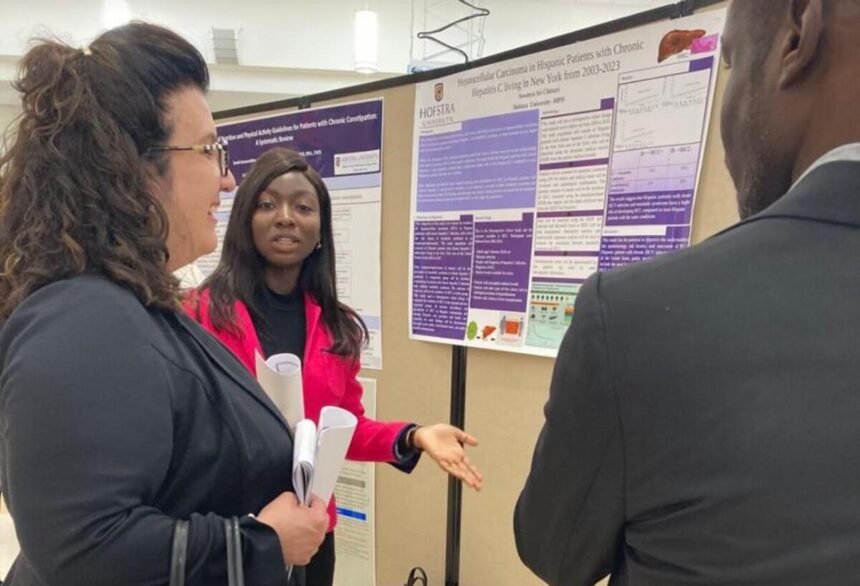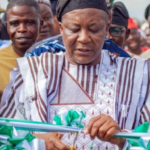Public health experts and cardiovascular care professionals have commended Oisemujaime Victoria Idehai (professionally addressed as Victoria) for her pioneering contributions to the early detection and prevention of heart disease. Her work has been described as “a model for integrating clinical precision with public health vision.”
At a cardiovascular health summit in New York, leaders across medicine and policy applauded Victoria’s strategic influence in advancing global heart health. Her dual expertise as a cardiovascular sonographer and public health scholar has positioned her as a central figure in the fight against cardiovascular disease.
Amid the alarming rise in global cardiovascular mortality, Victoria’s role has proven vital. Her routine assessments—from ejection fraction measurements to Doppler ultrasound studies—are empowering physicians to intervene earlier, act with precision, and ultimately save lives. Colleagues agree that her clinical work epitomises public health in action, with a focus on prevention, early detection, and equitable access.
Experts spoke about her unique skill in detecting early indicators of cardiac conditions, such as valvular disease and wall motion abnormalities.
“When Victoria performs a scan, we’re not just seeing an image—we’re being handed a roadmap to timely intervention,” noted one cardiologist at the event.
What distinguishes Victoria, attendees noted, is her rare integration of public health principles into the highly specialised domain of cardiovascular imaging. Holding a Master of Public Health from Hofstra University and a degree in human physiology from Babcock University, she brings an analytical lens shaped by epidemiology, biostatistics, and population health.
“We often celebrate the idea of interdisciplinary work,” said Professor Marlene Ortiz, a public health academic at the conference. “Victoria Idehai lives it. She’s not just diagnosing disease—she’s redefining the diagnostic landscape.”
Her earlier work with the Candice Sickle Cell Fund and Northwell Health also drew praise. At both institutions, she combined clinical research with patient-centred inquiry, developing IRB-approved studies and conducting qualitative interviews to elevate underrepresented voices in healthcare research.
Victoria’s research has consistently focused on health equity, including a co-authored study exploring food insecurity among college students. Her portfolio reflects a deep commitment to addressing the social determinants of health—insights she applies daily in diagnostic and clinical settings.
Her leadership was further demonstrated through her successful design and implementation of a $100,000 cardiovascular prevention initiative targeting middle-aged adults in Nassau County. Developed during her MPH programme, the project incorporated SMART objectives, community engagement strategies, and measurable outcomes—offering a scalable model for population-level heart health interventions.
Outside of clinical and academic spaces, Victoria’s dedication to service remains unwavering. Her volunteer efforts include health education drives, food pantry support, and paediatric health advocacy—underscoring her holistic, community-first approach to wellness.
“She’s one of the rare professionals who understands that cardiac care starts long before the hospital visit,” said Dr Halima Rauf, a global health advisor in attendance. “It begins in neighbourhoods, in outreach, in education, and in policy.”
As discussions turned towards the future of cardiovascular care, stakeholders echoed a shared sentiment: the field needs more leaders like Victoria Idehai.
“This is the face of modern public health—skilled, evidence-driven, and courageous,” concluded Dr Mensah in her closing remarks.






